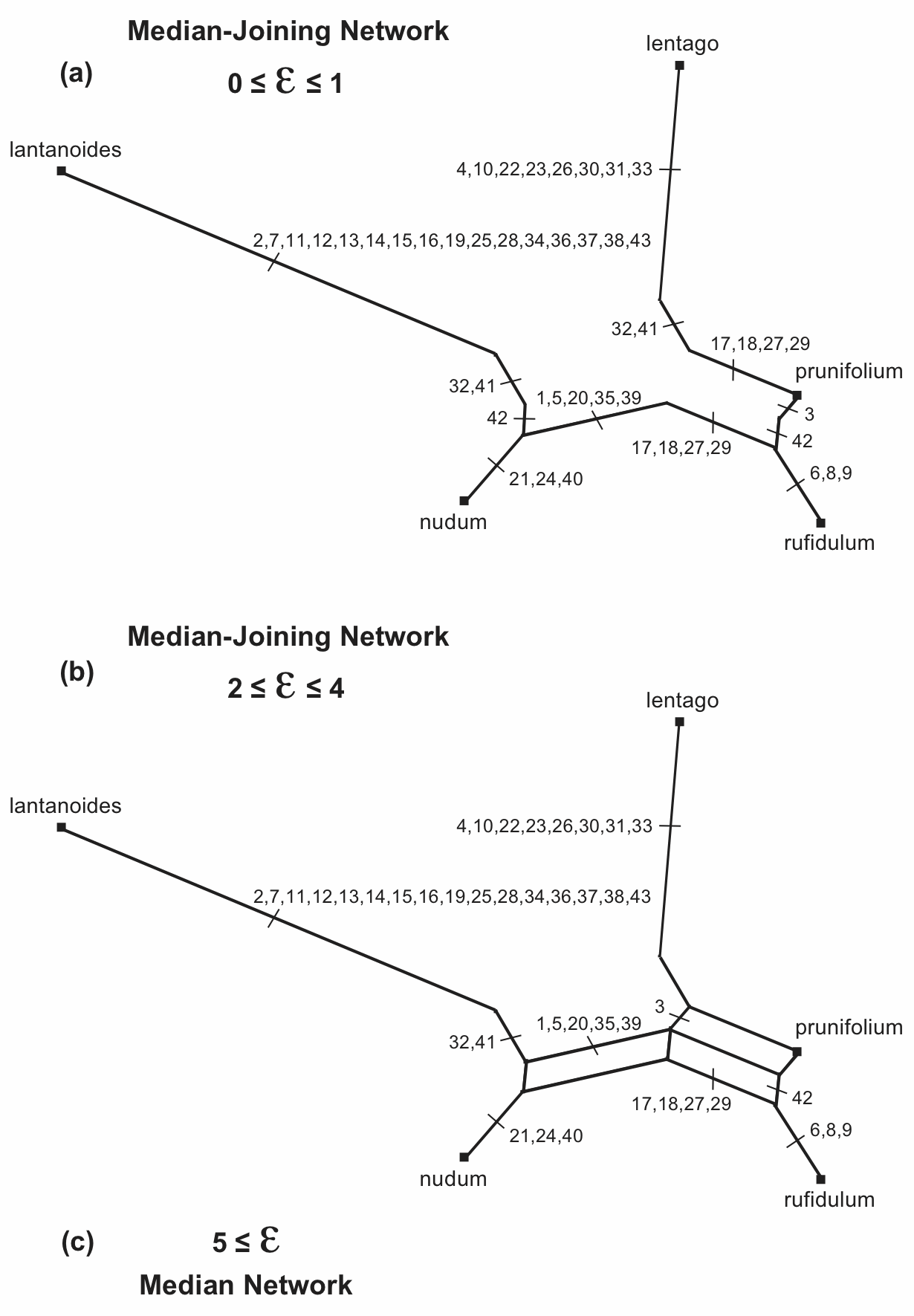The Genealogies of Modernity Journal
Modernity: A Teacher’s Guide
Announcing free teaching aids and resources for high school and college-level students!
What is the Genealogies of Modernity Project?
Lean more about the Genealogies of Modernity Project: our journal, our podcast, and our vision.
Uncorking Some Scruton
Scruton, looking at our days “sub specie aeternitatis,” even thinks that this time of decay gives us an opportunity to work on the behalf of religion, morality, and culture that “no previous generation has been granted, and which no future generation may desire.”
Julian Kwasniewski reviews Against the Tide
Primer of Phylogenetic Networks
David Morrison offers a scientific deep-dive on networks of change
Jamestown and the Myth of the Sovereign Family
Episode 2.4 of the Genealogies of Modernity podcast is live!
What is Genealogy? A Philosopher’s Response
Kierkegaard is the thinker that overcomes the systemic optimism of Hegel with meaning and morality actualized by personal commitment to truth, goodness, and beauty.
Chris L. Firestone responds to the Genealogies of Modernity podcast
Trinitarian Genealogies: Father, Son, and the Spirit of Modernity
If the logos of self-giving love shapes all reality, the critical or creative struggle cannot possibly keep the central or even the last word.
Eduard Fiedler responds to the Genealogies of Modernity podcast
Genealogy, Modernity, and Christianity Talk
Viewed in this way, surely one of the paradigmatic examples of “modernity talk” is the distinction between BC and AD—particularly if we pair it with the notion of a New Testament and an Old Testament.
Thomas A. Lewis responds to the Genealogies of Modernity podcast
Disenchantment Talk
Disenchantment talk… has the benefit of raising an alternative way of viewing reality to what has become deeply ingrained and habitual in us all.
Travis DeCook responds to the Genealogies of Modernity podcast
What Is Modernity? An Inclusive Perspective
Humility is key to understanding modernity.
Rokhaya Dieng responds to the Genealogies of Modernity podcast
Teaching Modernity
The best way to show students how the term “modernity” is wielded in this way is to highlight the variety of lifestyles that exist parallel to each other in the same era…
Gina Elia responds to the Genealogies of Modernity podcast
Are Mountains Arbitrary?
Is there anything inherent in mountains that make our relationship to them genuine markers of change in human history?
Jake Grefenstette responds to the Genealogies of Modernity podcast
Petrarch, Nina Williams, and Mountain Modernity
Petrarch is not modern but classical, for he sees himself as being in continuity with a tradition, as gleaning in the fields after the reapers of the past.
Michael Krom responds to the Genealogies of Modernity podcast
Ekstasis and the Chicken Truck
Knowing a thing truly cannot exhaust the truth of the thing itself, its mystery, the meaning of its being, which consists of and can only be responded to with love.
John-Paul Heil responds to the Genealogies of Modernity podcast
Climbing the Mountains of Modernity
Episode 2.1 of the Genealogies of Modernity podcast is live!
Announcing the Genealogies of Modernity Podcast
What does it mean to be modern? And what is modernity anyway? Find out on the Genealogies of Modernity podcast.
MacIntyre and Barfield on Remedies to the Catastrophe
Barfield’s diagnosis of a deeper alienation from language induces a correspondingly more dramatic remedy.
Jeffrey Hipolito puts two great theorists of human history into conversation























